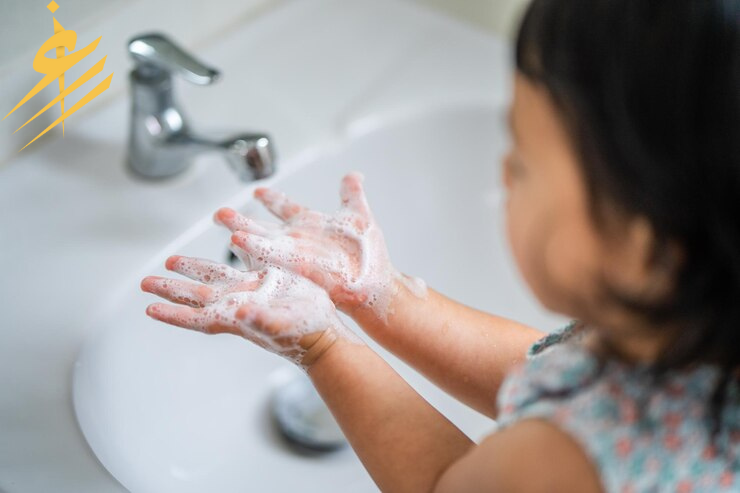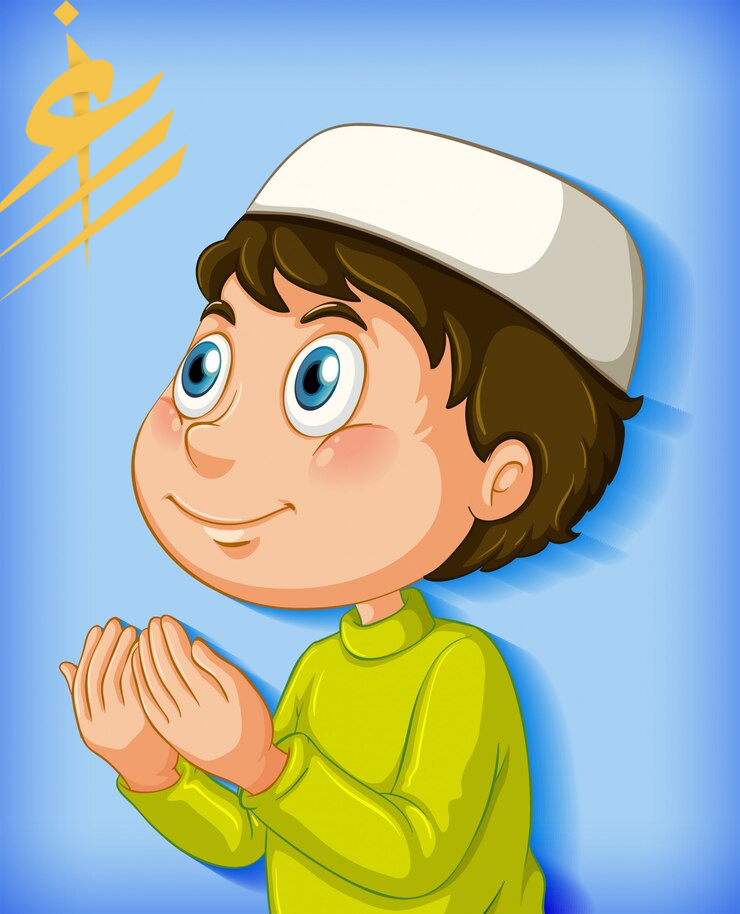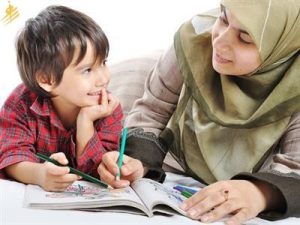We presented to you my dear children the jurisprudence of the Muslim child .. The door of purity, in this article we will present to you the second part of the jurisprudence of purity for the Muslim child and how to purify, whether with water or soil and how to purify after relieving himself to help our young children and accustom them with cleanliness from a young age.
The Purity’s jurisprudence for Muslim child and how to purify
Purification is mainly done with purified water, but if there’s a loss of water it is permissible to do tayammum with sands.
In the following, we will learn about the things that a Muslim may purify himself with, they are as follows:
1- Pure water
The description for pure water is: it has no color, no taste, no smell.
It is represented by rainwater, sea water, well water, and tap water.
2- Sands or Soil
Only when water is lost, it is permissible to use it and do tayammum with it, instead of doing ablution or washing with water.
But if water is available it’s forbidden to do tayammum , water must be used.
3- Everything is pure, rigid and remover
Cleansing can be done with anything clean, immaculate, rigid and capable of removing harm.
Such as: napkins, raging cloth, paper, when removing impurities from the body when istinja, for example.
But if there is water, using water is better anyway.
As for the one who performs ablution and his garment is affected by the impurity of sewers, for example, ablution is not required but only removes the place of impurity from the garment.
What are the conditions of purity?
- Islam
- Discrimination.
- Remove what prevents water from reaching to the skin.
- Remove impurity from the body before washing it.
- There is nothing to prevent washing such as menstruation or postpartum.
- Intention.
- Circulating all the body with full water.
Make sure to educate your children with jeras Al-Qiyam and get a unique experience.
The virtue of purity for children
Teaching purity to children at an early age brings many benefits to them, as they learn that cleanliness is an important thing that’s loved in Islam. The Prophet (peace and blessing of Allah be upon him) said: (Purity is a part of faith and praise be to Allah fills the scales).

Etiquette of defecation
Defecation has etiquette that our young children must learn, which are as follows:
- Before entering the bathroom, we say: “In the name of God, O God, I seek refuge in You from malice and evil.”
- It is mustahabb to cover up while relieving oneself.
- Istinja with the left hand, so it is forbidden to do Istinja with the right hand, (Istinja is purification).
- Do Istinja with water, even if it is not present you can use stones, papers, napkins or any impurity remover.
- When we come out of the bathroom we say: “I seek Your forgiveness.”
Thus, we have finished the chapter of purity’s jurisprudence and we have learned the etiquette of entering the bathroom and the ways in which purification can be done after fulfilling the need, in the next chapter we will talk about ablution and washing Inshallah.






